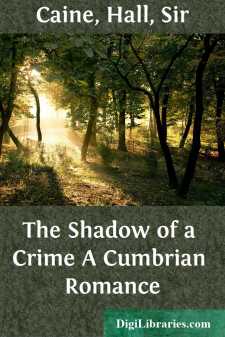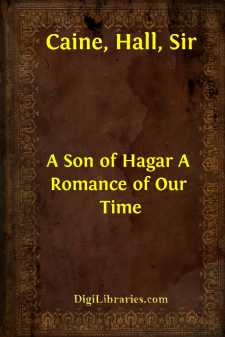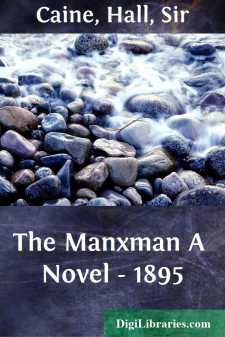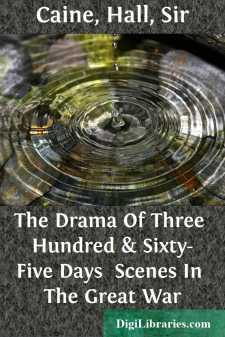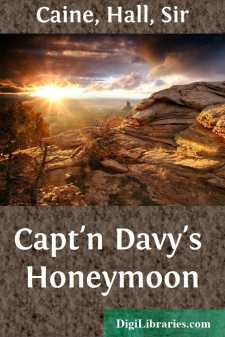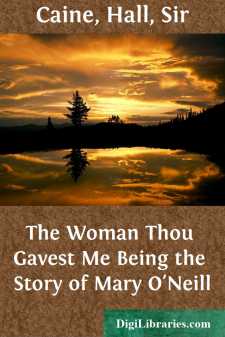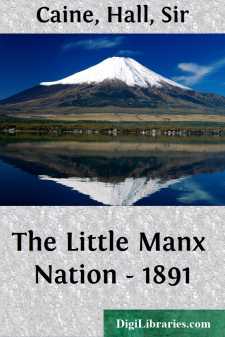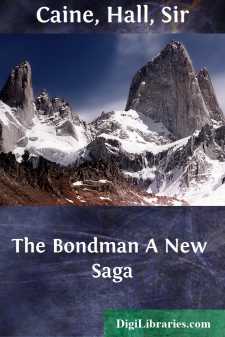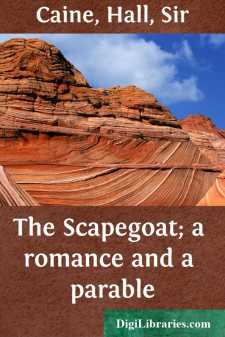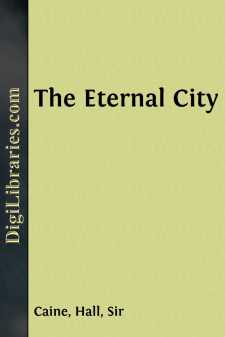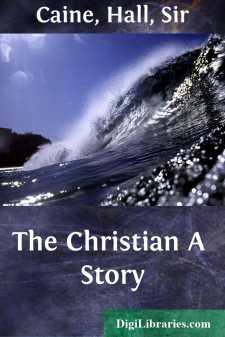Categories
- Antiques & Collectibles 13
- Architecture 36
- Art 48
- Bibles 22
- Biography & Autobiography 813
- Body, Mind & Spirit 142
- Business & Economics 28
- Children's Books 17
- Children's Fiction 14
- Computers 4
- Cooking 94
- Crafts & Hobbies 4
- Drama 346
- Education 46
- Family & Relationships 57
- Fiction 11829
- Games 19
- Gardening 17
- Health & Fitness 34
- History 1377
- House & Home 1
- Humor 147
- Juvenile Fiction 1873
- Juvenile Nonfiction 202
- Language Arts & Disciplines 88
- Law 16
- Literary Collections 686
- Literary Criticism 179
- Mathematics 13
- Medical 41
- Music 40
- Nature 179
- Non-Classifiable 1768
- Performing Arts 7
- Periodicals 1453
- Philosophy 64
- Photography 2
- Poetry 896
- Political Science 203
- Psychology 42
- Reference 154
- Religion 513
- Science 126
- Self-Help 84
- Social Science 81
- Sports & Recreation 34
- Study Aids 3
- Technology & Engineering 59
- Transportation 23
- Travel 463
- True Crime 29
The Shadow of a Crime A Cumbrian Romance
by: Hall Caine
Description:
Excerpt
CHAPTER I. THE CITY OF WYTHBURN.
Tar-ry woo', tar-ry woo',
Tar-ry woo' is ill to spin:
Card it weel, card it weel,
Card it weel ere you begin.Old Ballad.
The city of Wythburn stood in a narrow valley at the foot of Lauvellen, and at the head of Bracken Water. It was a little but populous village, inhabited chiefly by sheep farmers, whose flocks grazed on the neighboring hills. It contained rather less than a hundred houses, all deep thatched and thick walled. To the north lay the mere, a long and irregular water, which was belted across the middle by an old Roman bridge of bowlders. A bare pack-horse road wound its way on the west, and stretched out of sight to the north and to the south. On this road, about half a mile within the southernmost extremity of Bracken Water, two hillocks met, leaving a natural opening between them and a path that went up to where the city stood. The dalesmen called the cleft between the hillocks the city gates; but why the gates and why the city none could rightly say. Folks had always given them these names. The wiser heads shook gravely as they told you that city should be sarnty, meaning the house by the causeway. The historians of the plain could say no more.
They were rude sons and daughters of the hills who inhabited this mountain home two centuries ago. The country around them was alive with ghostly legend. They had seen the lights dance across Deer Garth Ghyll, and had heard the wail that came from Clark's Loup. They were not above trembling at the mention of these mysteries when the moon was flying across a darksome sky, when the wind moaned about the house, and they were gathered around the ingle nook. They had few channels of communication with the great world without. The pack-horse pedler was their swiftest newsman; the pedler on foot was their weekly budget. Five miles along the pack-horse road to the north stood their market town of Gaskarth, where they took their wool or the cloth they had woven from it. From the top of Lauvellen they could see the white sails of the ships that floated down the broad Solway. These were all but their only glimpses of the world beyond their mountains. It was a mysterious and fearsome world.
There was, however, one link that connected the people of Wythburn with the world outside. To the north of the city and the mere there lived a family of sheep farmers who were known as the Rays of Shoulthwaite Moss. The family consisted of husband and wife and two sons. The head of the house, Angus Ray, came to the district early in life from the extreme Cumbrian border. He was hardly less than a giant in stature. He had limbs of great length, and muscles like the gnarled heads of a beech. Upon settling at Wythburn, he speedily acquired property of various kinds, and in the course of a few years he was the largest owner of sheep on the country side. Certainly, fortune favored Angus Ray, and not least noticeably when in due course he looked about him for a wife.
Mary Ray did not seem to have many qualities in common with her husband....


